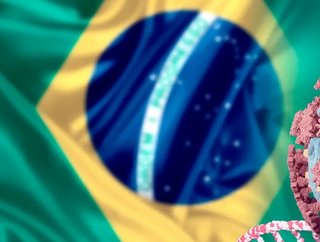Telostot’s seven lessons for supply chain professionals

Brazilian supply chain company Telostot is an end-to-end supply chain ecosystem solution provider.
Founded only in 2021 and headquartered in Curitiba, Brazil, the company recently released its seven lessons for supply chain professionals to consider in the 'new normal' as the word slowly recovers from COVID-19.
Disruptions after COVID-19
Telestot argues that disruptions can suspend or accelerate history. The pandemic has indeed accelerated how people across the world live, work, shop and socialise. When a disruption occurs, think how this can be used as an opportunity for growth.
(New) normal
We will never go back to the normal days we took for granted - the autumn of 2019 is long gone. The new normal is here and businesses are stronger than ever - we must not lose that momentum.
Optionality
“The goal should not be to define optimal solutions, but rather solutions that offer optionality solutions that can be deployed over time to meet short term management”, says Telostot.
Resilience in the supply chain
Back in the mid-noughties of 2006, supply chains focused mostly on minimising costs.
In 2020, the warehouse of the world, China, was shut. Suddenly the supply chain was in the minds of the public as much as the pandemic. Those in the supply chain industry took inspiration from the healthcare industry and worked through it all - and have come out having inspired a generation.
Digital supply networks
Telostot feels that the ‘science of supply chains’ from 2019 is now useless.
“The supply chains of today must be viewed as a digital supply network where real time information is known from end-to-end throughout the network.”
If that is not possible - the supply chain is simply out of date.
Synthesis
The supply chain has often been referred to as a series of links, moving a product from A to B. Telostot argues that now the supply chain must instead be imagined as a being without boundaries, functioning as one.
Automation
Labour shortages may be a part of the new normal, therefore, automation must be embraced.
However, bearing in mind the uncertainty of the future - automation must also remain as adaptable as human workers.






